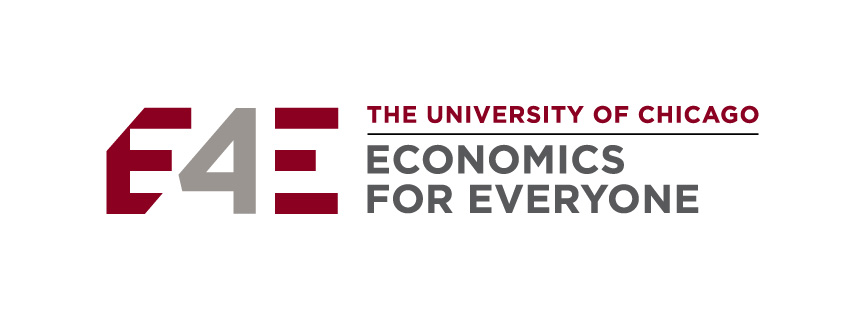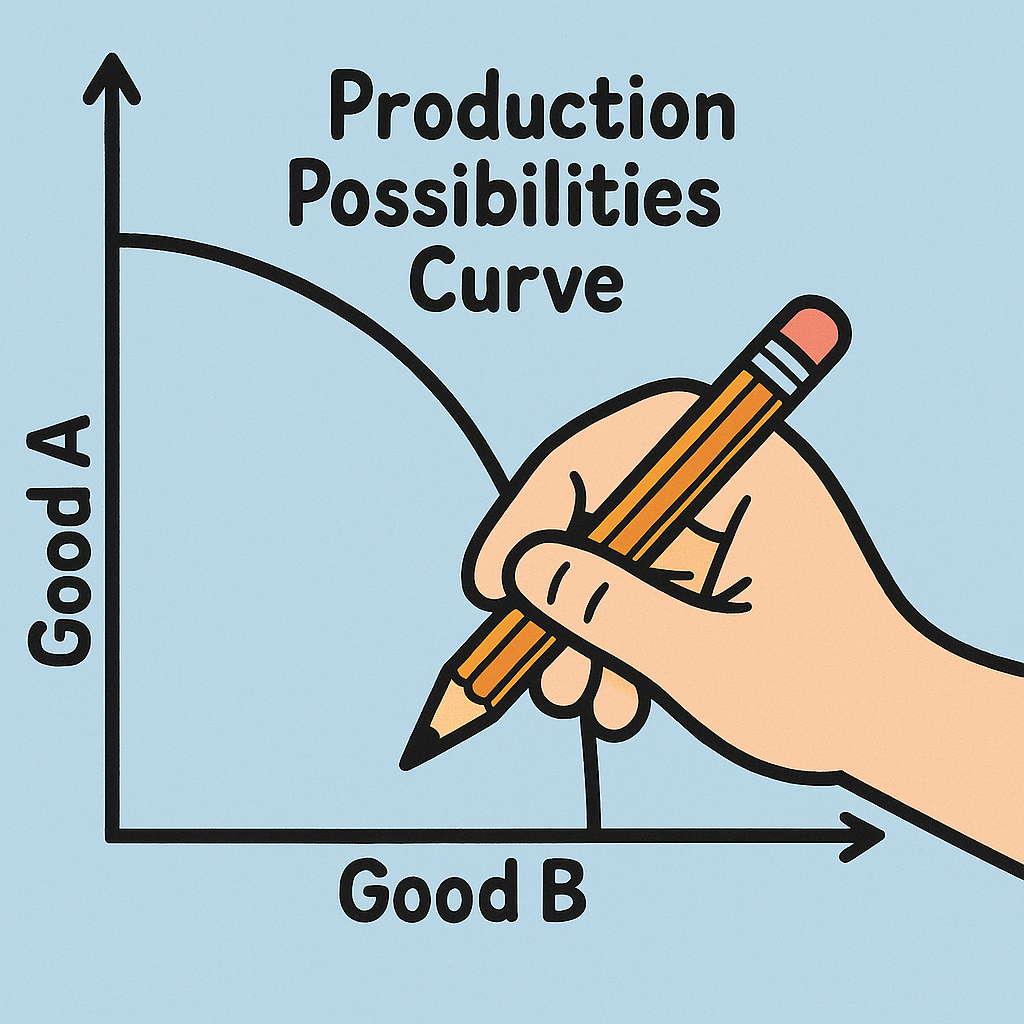
Grades 6-8

Don't have an account yet? Sign up for free
Don't have an account yet? Sign up for free
Students will be able to:

In this personal finance lesson, students explore entrepreneurship by earning money and advertising their business.
Modeling
Introduce the lesson by telling the students that there are two basic ways to earn money. One way is to make or gather something that others are willing to buy. The something you make or gather is called a good. The other way is to do work that others are willing to pay you to do. This work is called a service. Maybe your family gives you money for doing household chores like dusting, washing the dishes, or feeding a pet. The amount of money your family is willing and able to pay you is probably limited.
Ask students: Have you ever tried to sell a good or service to people outside your family — perhaps to friends or neighbors? If you have, you were probably an entrepreneur. The dictionary says an entrepreneur is, “A person who organizes and manages a business, assuming the risk for the sake of profit.” In short, an entrepreneur is a businessperson who does these things:
A business can be a big company that makes televisions or computers. A business can also be small company, such as a neighborhood grocery store or a soft drink stand at a local ball game. You are going to learn more about what entrepreneurs do and what it takes to become a successful entrepreneur.
Modeling
Encourage the students to think about age appropriate entrepreneurial endeavors by displaying and discussing the slides in Twenty Money-Making Ideas Interactive Story. This information is also available in Twenty Money-Making Ideas for Young Persons. As an alternative, students can use 1:1 devices to explore the following resources about entrepreneurship:
Group Activity
Distribute the Jobs I Can Do to Earn Money activity sheet to each student. Place students in groups of 2-3. Have each group complete the activity sheet. Debrief the activity by asking students the following questions:
Individual Activity
Have the students choose one money-making idea from the group activity. Prompt students with questions like:
Have students calculate the potential revenue of a job or business. Distribute copies of Earning a Profit. Go over one example as a class and then have students complete the rest of the questions individually. Use the Earning a Profit Answer Key as a reference.
Share the following: To let people know what you are selling you will need to advertise. How you do this depends in part on what you are selling.
Distribute copies of the Business Flyer to each student. Review the business flyer instructions as a class. Create a rubric on Rubric Maker to evaluate student work.
Activity 1
Display students’ completed fliers. Have students present their classmates their money-making idea and how they would use the flier they have created. Use the Rubric Maker Oral Report as a form evaluation, if needed. Discuss appropriate locations fliers can be distributed.
Activity 2
Purchase books with money-making ideas and make them available in your classroom or school library. Book titles include:
Have students explore/read these books.

Grades 6-8

Grades 9-12

Grades 9-12

Grades K-2, 3-5
